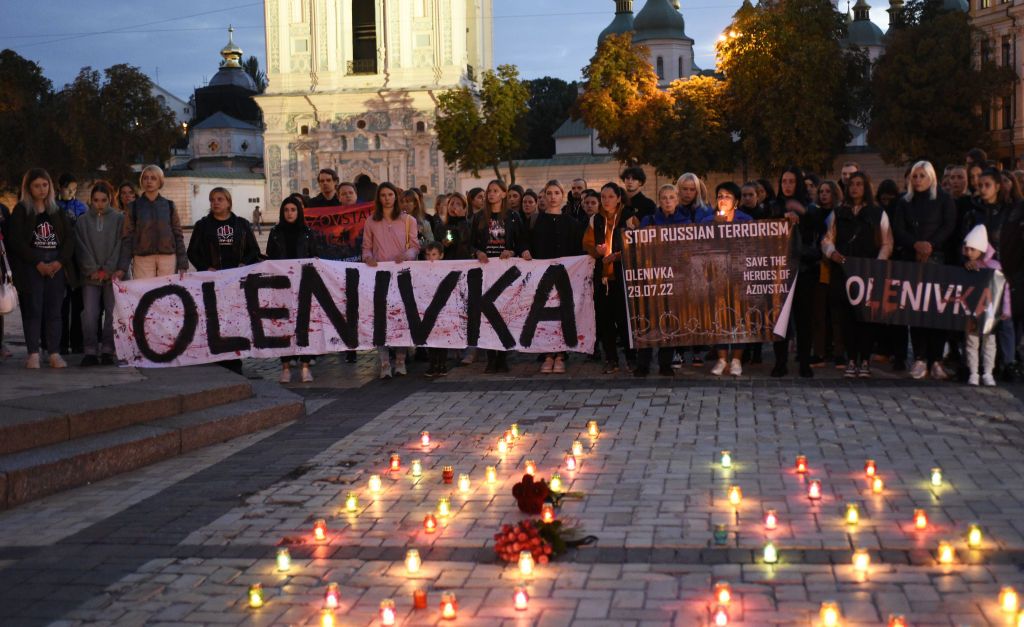The report by the United Nations highlighted the lack of accountability in the Olenivka prison explosion, where at least 54 Ukrainian prisoners of war were killed and over 150 injured. The attack, which occurred in Russian-occupied territory in Donetsk Oblast, was deemed a deliberate war crime by Ukrainian authorities. The U.N. report revealed that Russia had obstructed all attempts by the international community to investigate the incident and had tampered with evidence at the site. Ukrainian POWs are protected under international humanitarian law, which requires humane treatment, transparent investigation of abuse, and prosecution of perpetrators, all of which Russia failed to uphold.
Kyiv accused Russia of either hitting the prison with artillery or blowing it up from inside, deliberately targeting Ukrainian members of the Azov Regiment who were captured in Mariupol. Russia, on the other hand, claimed that Ukraine had attacked the prison with a U.S.-made rocket system. The U.N. launched a fact-finding mission to uncover the truth but disbanded it due to the absence of necessary conditions for deployment. However, analysis of photographic evidence and survivor testimonies refuted Russia’s claims and pointed to an east-to-west trajectory of the projected ordnance, indicating Russian involvement in the explosion.
Survivors of the Olenivka attack described inhumane conditions of detention, hunger, and torture at the prison. They reported that no efforts were made by their Russian captors to rescue or treat the wounded, highlighting the blatant disregard for human life and the laws of war. The lack of accountability for the deaths and injuries at the penal colony in Olenivka is part of a broader pattern of routine torture of Ukrainian POWs by Russian authorities. The Azov Regiment emphasized the need to keep the tragedy in public memory, as Russia relies on global forgetfulness and propaganda to evade punishment for its crimes.
The U.N. statement underscored the ongoing torture and deplorable treatment of Ukrainian POWs by Russian authorities, including the denial of healthcare and limited contact with family and the outside world. The Azov Regiment condemned the actions of the occupiers at Olenivka, where wounded men were left to die and the rules of warfare and treatment of POWs were violated. The camp was likely overseen by Kirill Popov, a high-ranking official from Moscow who is the first deputy head of the Russian Federal Penitentiary Service’s Moscow branch. The survivors’ accounts and evidence gathered by the U.N. point to the systematic abuse and neglect inflicted on Ukrainian prisoners in Russian-occupied territories.


